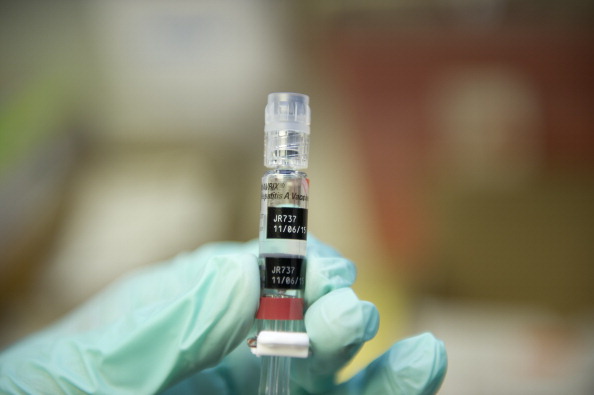Infection
Hepatitis A cases reported among Boston homeless individuals: Health care providers urged to ‘be vigilant’ for highly contagious liver infection
Hepatitis A cases have been confirmed among Boston homeless individuals, as city public health officials urge healthcare providers to “be vigilant” for signs of the highly contagious liver infection in patients.
The Boston Public Health Commission has been notified about two positive cases among homeless individuals over the last week.
Both of the unsheltered residents have been connected to health care, and neither of them have required hospitalization, according to BPHC.
“The Boston Public Health Commission is urging the city’s health care providers, particularly those that work closely with unsheltered populations and people who use drugs, to be vigilant for signs of hepatitis A in patients,” BPHC said in a statement on Wednesday.
Hepatitis A is a highly contagious liver infection caused by the hepatitis A virus. It ranges in severity from mild infection that lasts a few weeks to severe disease that lasts several months.
The virus is primarily spread person-to-person through the fecal-oral route and contact with a fecal-contaminated environment. Populations at particular risk include homeless individuals and people with injection drug use.
Regulations require healthcare providers and institutions in Boston to report all cases of hepatitis A virus infection, hepatitis B virus infection or meningococcal meningitis diagnosed in city residents to the Boston Public Health Commission.
Healthcare providers are being told to test all individuals showing symptoms of hepatitis A, especially those who are homeless or use drugs. Common symptoms of hepatitis A include abdominal pain, jaundice, loss of appetite, fever, diarrhea, nausea, and exhaustion.
Vaccination is encouraged for all people at high risk — including homeless individuals, those who use injection or non-injection drugs, who have chronic liver disease (including chronic hepatitis C infection or chronic hepatitis B infection), and men who have sex with men.
Also, facilities serving high-risk populations should have hand hygiene at entrances and exits, and encourage frequent handwashing. Hand washing with antimicrobial soap and hot water should be encouraged.

